Any company that’s delayed introducing cloud-based software into their infrastructure needs to consider leveraging these new technologies to reap all the benefits cloud computing has to offer. The time of physical servers is quickly fading in lieu of cloud-based software services, also known as software-as-a-service (SaaS), that offer improved security, reliability, scalability, and availability.
This list of 10 cloud-based software companies will help you manage your business, keep track of your employees, and give your customers unbreakable service.
Top SaaS Companies
Slack
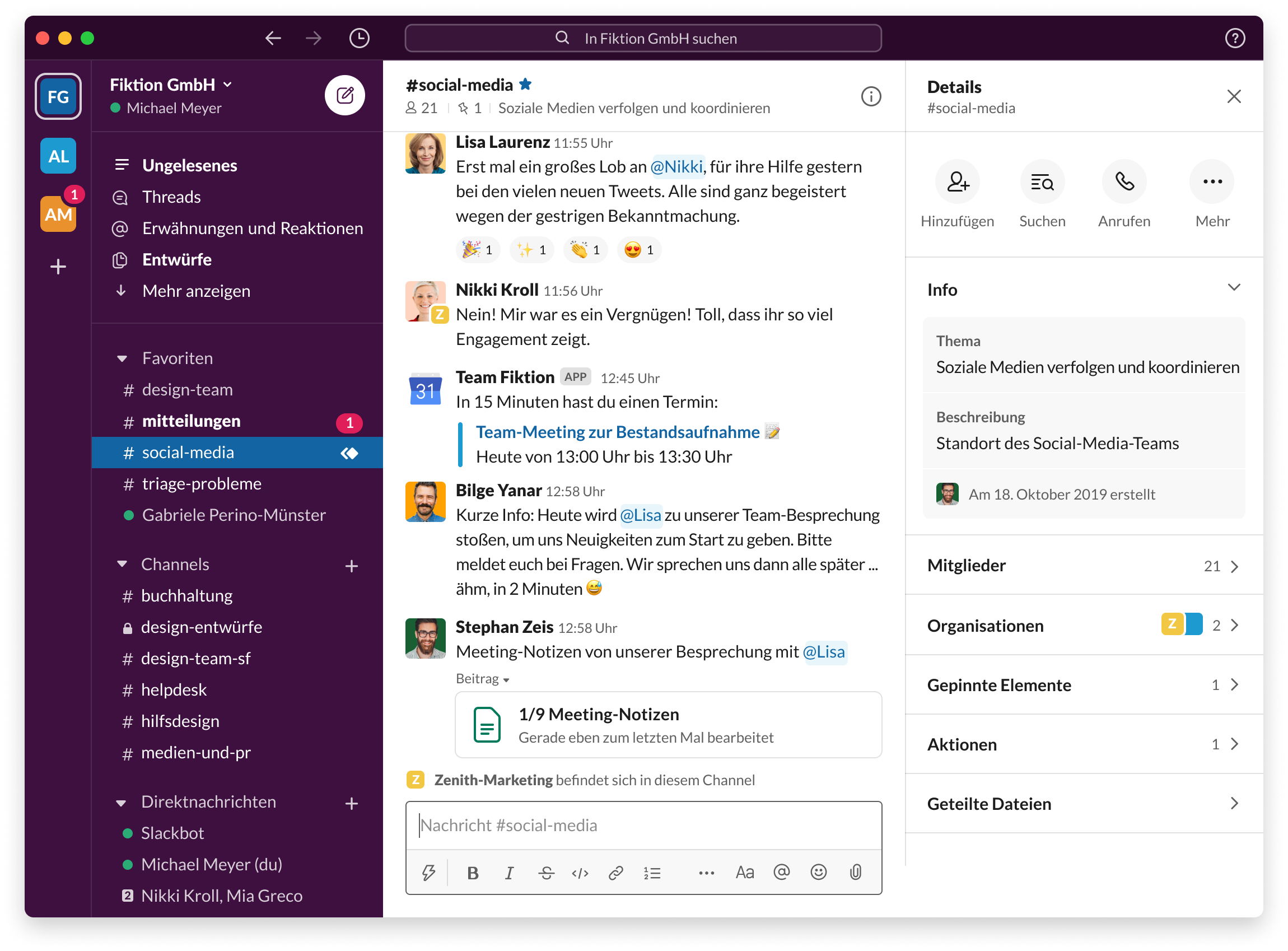
Slack is a communication-driven cloud-based software tool that helps teams work transparently and efficiently through customizable channels that can be organized by department, project, subject or anything else the team requires. With the growing popularity of workflows like Agile and Waterfall that are founded on consistent, streamlined communication, many companies have made Slack an integral part of their technology stack.
Users can easily create, join and invite others to public or private channels to filter important information most relevant to them, ensuring they can quickly find everything they need. Slack also adds an element of team comradery with the ability to integrate with social media and applications like Giphy and Spotify.
Salesforce
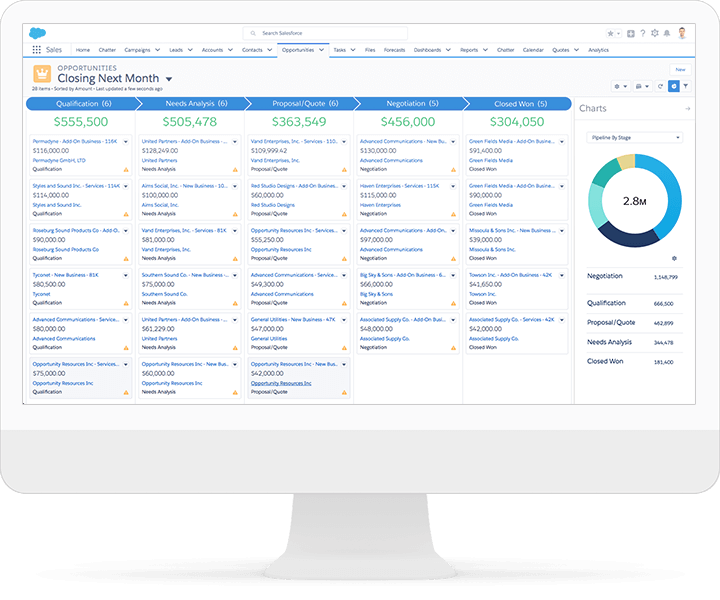
If you haven’t looked at Salesforce lately, you should. It’s no longer simply a cloud-based CRM management package but a suite of applications. The suite consists of Sales Cloud, Service Cloud, Chatter, Jigsaw, Force.com, Heroku, Database.com, and Remedyforce. Salesforce enables your company to deliver a fully-equipped and mobile sales, CRM, customer service and help desk force to your customers at a price that’s low enough to recover without sacrificing huge profits to do so.
Zoom
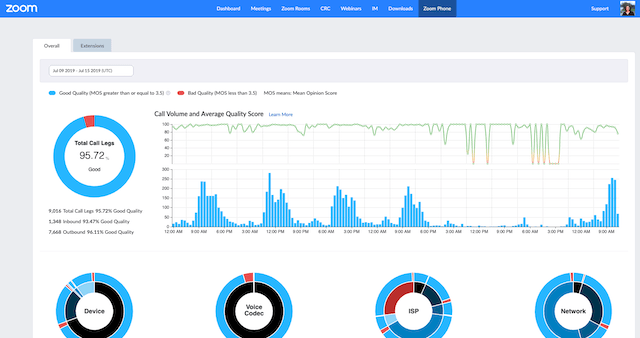
As companies increasingly embrace remote work, the need for reliable video and audio conferencing software is more essential than ever, especially given the current global pandemic. Zoom has become the leading cloud-based conferencing software application for helping remote teams communicate effectively with coworkers and clients/prospects, knocking competition like Skype out of the water. Part of what makes Zoom such a powerful tool is its ability to record meetings and save them to the cloud so users can access them anytime, anywhere.
Adobe
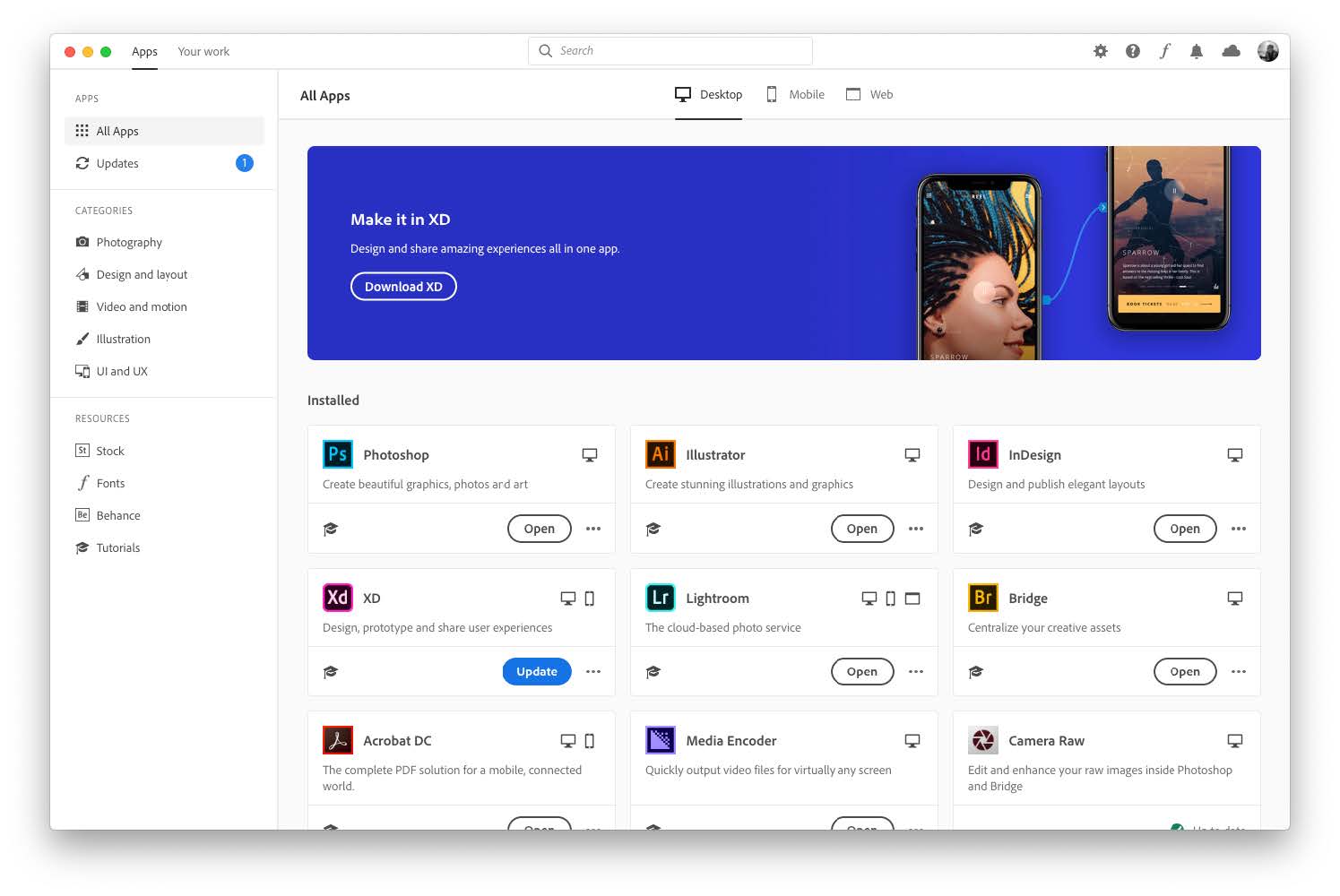
Anyone working in design, photography, or any visual media is likely familiar with Adobe’s suite of apps. It is arguably the industry standard for creatives. Over time adobe has evolved from offering single-purchase software licenses to a cloud-based SaaS solution using a monthly subscription model with the creation of the Adobe Creative Cloud.
By adopting a cloud-based service model Adobe is able to consistently update apps and add new features to the existing programs so users won’t need to purchase new versions of the software in the future. Additionally, any assets or projects one uploads to the Creative Cloud can then be accessed on other machines. These assets can even be shared across teams to improve workflows.
Dropbox
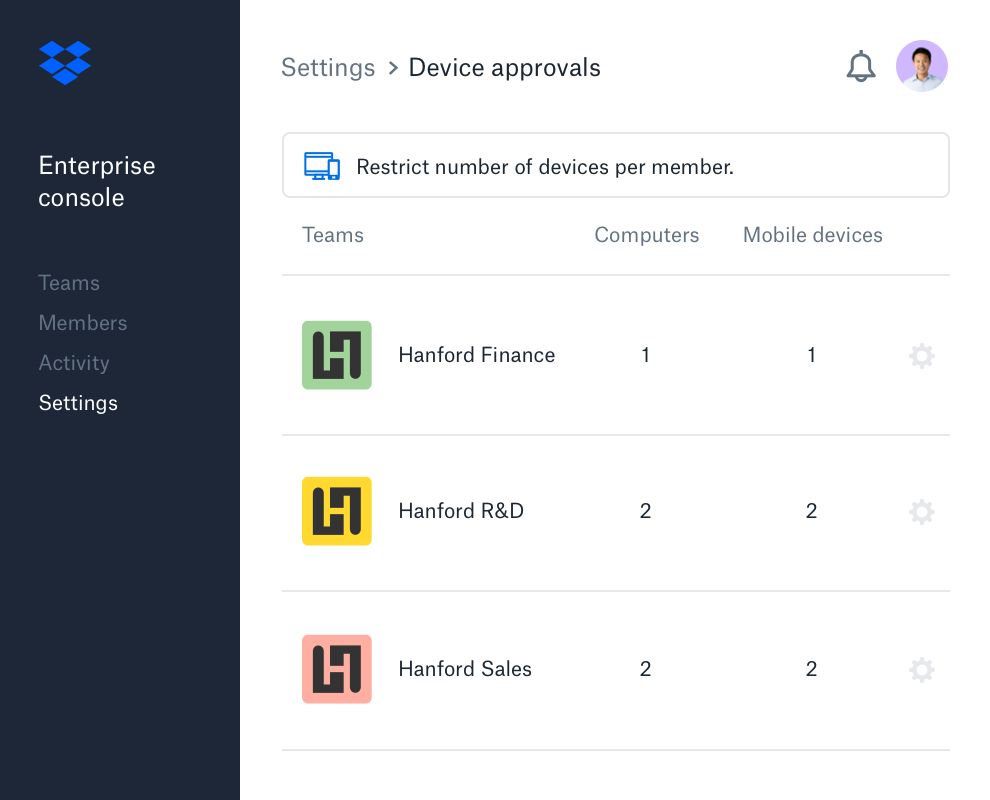
Dropbox is a cloud-based backup and storage service that offers a range of plans depending on users’ storage, regulatory compliance, and security needs. The standard Dropbox Business plan starts with 5TB of storage, which may be sufficient for small businesses. However, there are Advanced and Enterprise plans that offer unlimited storage.
As any cloud-based software product should, Dropbox has made security a paramount concern. It uses 256-bit encryption at rest and a 128-bit tunnel when transferring data between computers and the cloud. Dropbox also integrates with many other programs, such as Asana and Slack, so that it fits in well with modern workflows.
Zendesk

Zendesk is a cloud-based customer service platform. This cloud computing solution allows businesses to track, prioritize, and remediate customer problems through a support ticket system. Customers often used a wide variety of channels when reporting technical issues, including text, phone, email and live chat. Zendesk makes it easy for customer service teams to communicate with customers and resolve issues across all of these channels. The company recently implemented a new Explore tool which allows users to create customizable reports and dashboards.
Workday
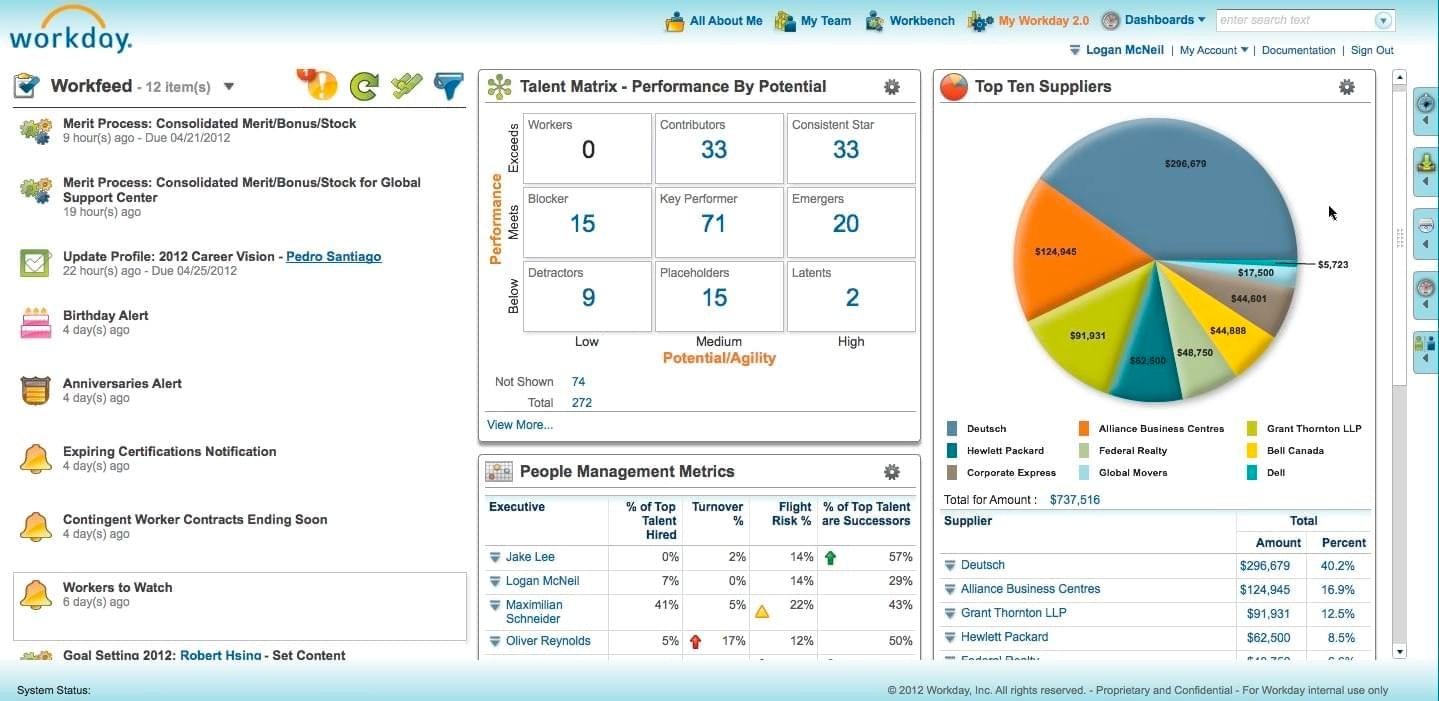
Workday has established itself as a leading Human Resource Information System (HRIS), especially when it comes to cloud-based services. Enterprise HRIS systems can be slow and difficult to navigate but users often praise Workday’s ability to offer robust functionality while maintaining a smooth, pleasant user experience. One large draw is Workday’s integration with Salesforce which speeds up the process of sharing financial data between the two programs.
Paychex
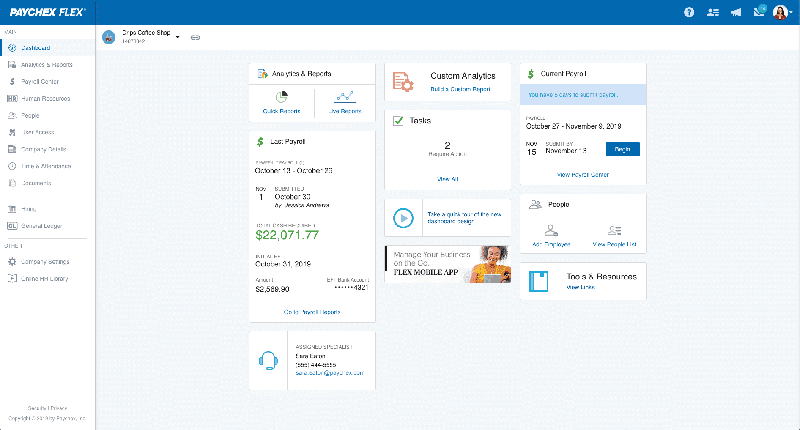
Paychex has long been a big player in the payroll and benefits administration industry. While it’s capable of scaling up or down depending on the size of the business and their needs, it’s most popular with small to medium-sized businesses. Their flagship cloud-based product, Paychex Flex, allows employers and finance teams to upload and share payroll data, create customized reports, and manage benefits. As a personal touch can often be important to small businesses, Paychex also boasts personalized customer support.
G Suite
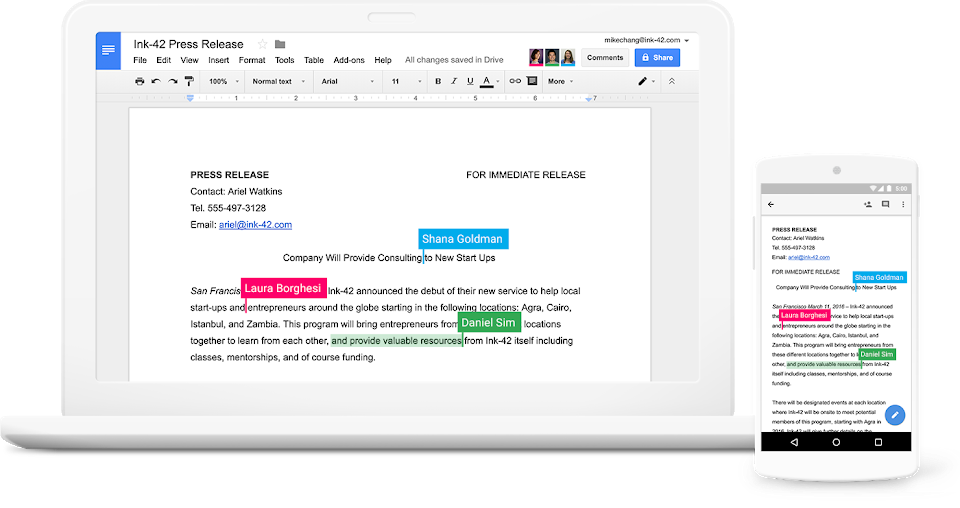
This is Google’s suite of intelligent apps and software products that provide a comprehensive, cloud-based solution for keeping all aspects of a business running smoothly. The core package includes many of the Google applications most are familiar with, such as Gmail, Drive, Hangouts and Docs, but there is also a wide variety of other add-ons available through the Google Play Store.
Whether a company is looking to improve productivity and collaboration between teams or needs help with managing their finances or website analytics, Google has an application to fulfill those needs. Over 5 million businesses use G Suite across their company because it offers a more diverse, affordable platform than competitors.
Amazon EC2
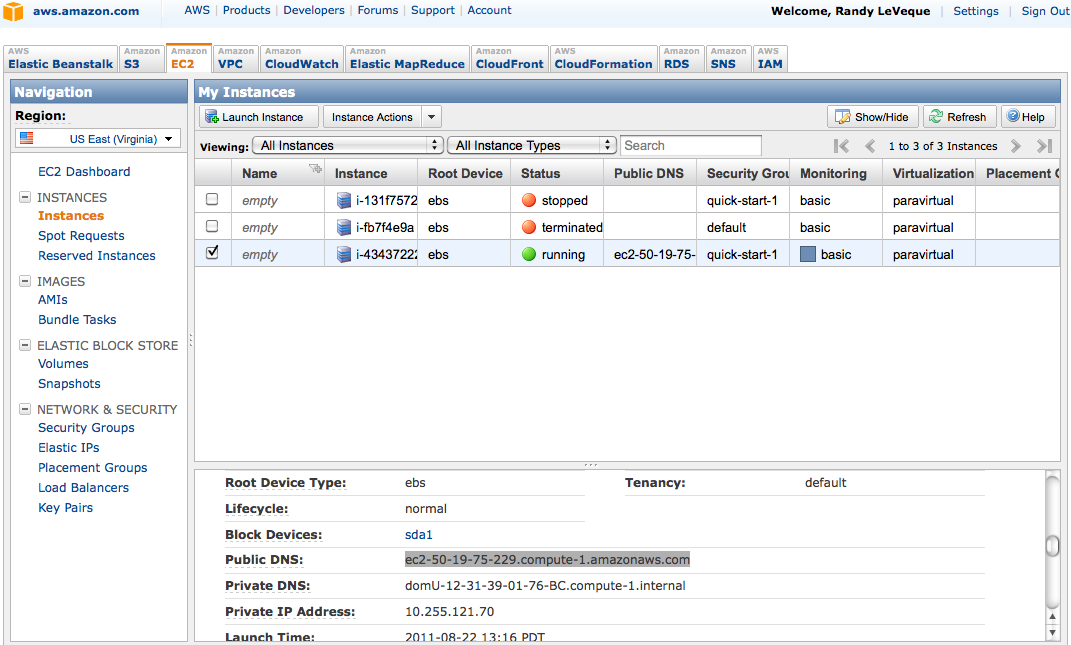
Perhaps the best known cloud-based service from this tech giant is Amazon’s Elastic Compute Cloud (EC2). This service provides high-end computing power in the form of virtual machines on Amazon’s Xen-based virtualization platform. Use the service as a substitute for your entire computing infrastructure or for additional computing bandwidth. Overall, it’s a reasonably affordable and highly extensible IaaS solution that will help move your business operations to the cloud.
Do you need cloud-based software solutions?
After dealing with costly downtimes from hardware issues, security breaches and limitations on scalability, it should come as no surprise that most companies still relying on servers are racing to implement cloud-based software solutions into their infrastructure. Even if the initial migration to cloud-computing may be costly, the return on investment and peace of mind will be worth it.

